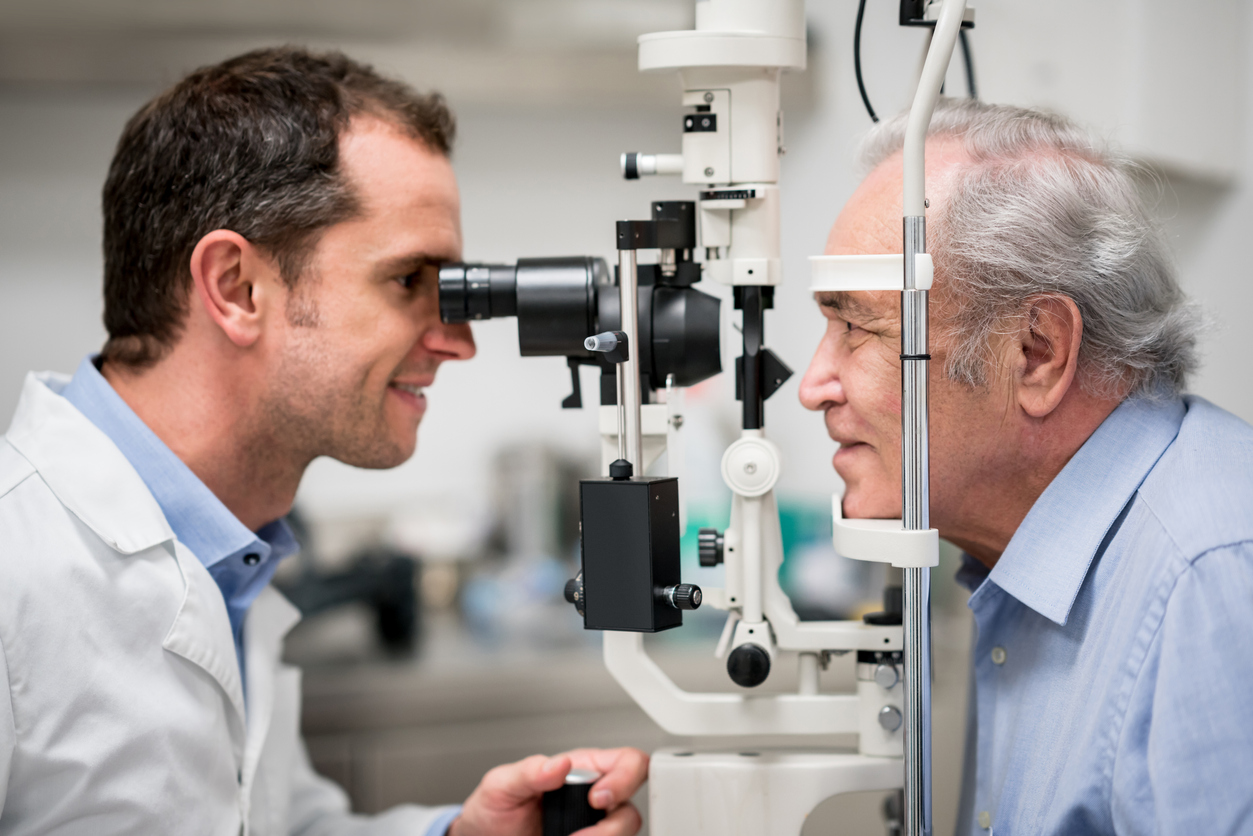Pathway To Hong Kong For Pakistani Optometrist
A Pakistani optometrist is eligible to apply for a license to practice optometry in Hong Kong , but the process is indeed rigorous and relies heavily on the assessment of their academic qualifications and passing local examinations.
Step-by-Step Guide for a Pakistani Optometrist to Apply for Licensure in Hong Kong:
The general process involves several key stages:
Phase 1: Initial Assessment and Application for Eligibility to Sit Examination.
Understand the Optometrist Register: tHong Kong’s Optometrists Register is divided into four parts, based on qualifications and allowed scope of practice:
Part I: Full scope, including use of diagnostic and therapeutic agents (requires a Bachelor of Science degree in Optometry from The Hong Kong Polytechnic University or equivalent, plus potentially further qualifications).
Part II: Broad scope, but generally cannot use diagnostic agents other than staining agents (requires a Higher Certificate in Optometry from The Hong Kong Polytechnic, or passing a specific Board examination).
Part III: Limited to refraction only.
Part IV: Provisional registration.
For a Pakistani optometrist, the aim is usually Part I registration if their degree is deemed comparable, or Part II as a more attainable starting point.
Submit Application for Assessment of Eligibility:
The Board will assess your Pakistani Bachelor’s degree in Optometry against the standards of the Hong Kong Polytechnic University’s program. This involves submitting detailed academic transcripts, course syllabi, and potentially descriptions of your clinical training hours. The Board looks for comparability in terms of curriculum content, duration, and clinical exposure.
Phase 2: Board Examination:
Based on their assessment of your qualifications, the Optometrists Board will decide if you are eligible to sit their examination. It is very common for overseas-qualified optometrists, including those from Pakistan, to be required to sit and pass an examination in optometry conducted by the Board. This exam ensures that your knowledge and skills meet the local standards, particularly concerning Hong Kong’s specific scope of practice and regulations.
Prepare for the Examination:
The Board’s examination for Part I or Part II registration is comprehensive. It typically covers:
Theoretical knowledge: Ocular anatomy and physiology, optics, visual science, ocular diseases,
pharmacology (if applying for Part I), contact lenses, binocular vision, low vision, public health optometry, etc.
Clinical skills: Practical assessments of refraction, contact lens fitting, ocular health examination, instrument usage, etc. Local regulations and ethics: Knowledge of Hong Kong’s specific optometry laws, professional ethics, and guidelines.
There might be recommended study materials or syllabi provided by the Board. Familiarity with local practice standards is crucial.
Sit and Pass the Examination: You will need to successfully pass all components of the Board’s examination.
Phase 3: Provisional Registration (Potentially Available, but with Conditions)
Provisional Registration (Part IV of the Register) is available in Hong Kong.
Purpose: Provisional registration is granted under specific circumstances to allow individuals to gain the necessary experience or meet remaining requirements under supervision before being eligible for full (Part I, II, or III) registration.
Eligibility for Provisional Registration (Part IV):
A person who holds a certification from the Board that they have passed an examination in refraction and contact lens fitting conducted by the Board, or has acquired knowledge, experience, and skill recognized by the Board.
Scope of Practice under Provisional Registration: A provisional registrant (Part IV) has a very limited scope of practice.
Step-by-Step for Provisional Registration (if applicable):
After your initial qualification assessment and potentially passing specific parts of the Board’s examination (e.g., refraction and contact lens components), the Board might recommend provisional registration if further supervised practice or specific experience is required to bridge the gap to full registration.
You would then apply for provisional registration, potentially needing a job offer from a registered optical practice or clinic in Hong Kong willing to supervise you.
After successfully completing the provisional period and any other stipulated requirements, you can then apply to transfer to Part I, II, or III of the Register, often requiring a final assessment or a report from your supervisor.
Phase 4: Full Registration and Practicing Certificate
Application for Full Registration: Once you meet all requirements (including passing the full Board exam and/or completing any provisional registration period), you apply for full registration (Part I, II, or III).
Obtain a Practicing Certificate: After successful registration, you must apply for an annual Practicing Certificate from the Board.
Alternative Licensed Paths: Hong Kong does not have separate licensed professions like “Dispensing Optician” that would provide an easier alternative path to formal licensing for an optometrist if they cannot meet the optometrist registration criteria.
Average Pay for Optometrists in Hong Kong:
Once you are successfully licensed and practicing in Hong Kong, the average pay for optometrists is quite competitive. Based on recent data (July 2025):
Average Monthly Salary: The average monthly salary for optometrists in Hong Kong generally ranges from HK37,000 to HK49,000.
- Experience and Role:
- Optometrist: HK20,000 – HK50,000 per month
- Senior Optometrist: HK30,000 – HK60,000 per month
- Consultant (Optometrist): HK40,000 – HK80,000 per month
CONTACT
MAHMOOD SALEEM
Advocate High Court
Immigration Consultant
Call 0321-4314001
WhatsApp 0333-5769655
